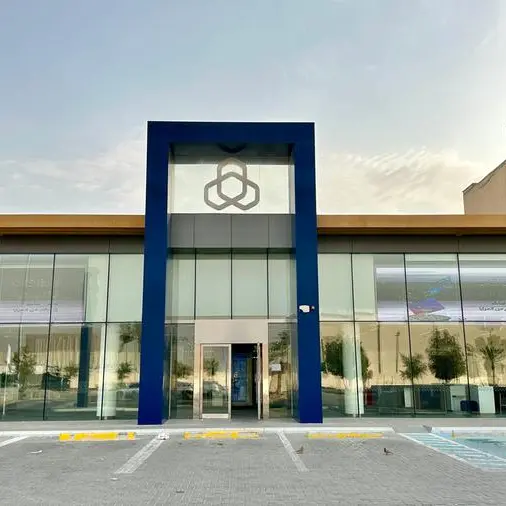PHOTO
RIYADH — Google has announced recently that the Google Assistant, a virtual assistant available on mobile devices designed to help people get more things done with their phone, has launched in Saudi Arabia on both Android and iOS devices and can understand the Saudi dialect and answering in standard Arabic. The Assistant will also be available in Egypt where people will also be able to converse with it using the Egyptian dialect.
“The Google Assistant brings together all of the technology and smarts we've been building for years. With the Google Assistant, you can talk or text with Google in a natural way, helping you get more done in your everyday life. This is the latest in a series of features we launched for our Arabic-speaking users and the Assistant will only get better with time as it learns with the help of machine learning,” said Tarek Abdalla, Regional Director of Marketing at Google Middle East and North Africa.
The Assistant is designed to help Internet users get more things done with your phone while you are on the go (like driving or exercising), at work (setting alarms, quickly finding information on the web), or while you are with friends and family (jokes, singing fun songs). It will be able to complete a range of tasks using your phone without having to touch your device. These tasks include but are not limited to:
• hands-free calling: Ok Google, Call Mom
•Text messaging: Ok Google, send a message to Dad
• Web searching: Ok Google, what is the height of Burj Khalifa
• Football timings: Ok Google, when is the next Al Hilal match?
• Prayer timings: Ok Google, when is Maghreb
• Weather conditions: Ok Google, what is the weather in Beirut?
The Assistant is designed to not just be a useful companion but also a fun one. The Assistant will be able to answer fun questions like “do you love me” or “make me coffee” drawing from iconic cultural moments, viral videos, and even ancient Arabic poetry. It can tell jokes, sing you songs, and even answer existential questions like “who am I” all with some smarts and a lot of humor.
While building the Assistant in Arabic, Google relied on machine learning and natural language processing (which helps the Assistant understand Arabic) and natural language generation (which helps it speak Arabic). The team behind the Assistant also developed new technology necessary to process and generate diacritics, the accents used in Arabic to pronounce the same letters in different ways. Diacritics are an element necessary for Arabic pronunciation since the language has many words that may have the same letters but mean different things, and diacritics help differentiate between those words.
Users can activate the Assistant on their device by making sure they have the latest version available of their mobile operating system and that their device language is Arabic. Then they need to download the Google app and long-press the home button on Android devices to activate the Assistant where they can choose between the Saudi and Egyptian dialect. As for iOS devices, users will have to download the Assistant App and follow the set-up instructions.
Launched in the US in 2016, the Google Assistant is now available on more than one billion devices worldwide.
© Copyright 2019 The Saudi Gazette. All Rights Reserved. Provided by SyndiGate Media Inc. (Syndigate.info).





















